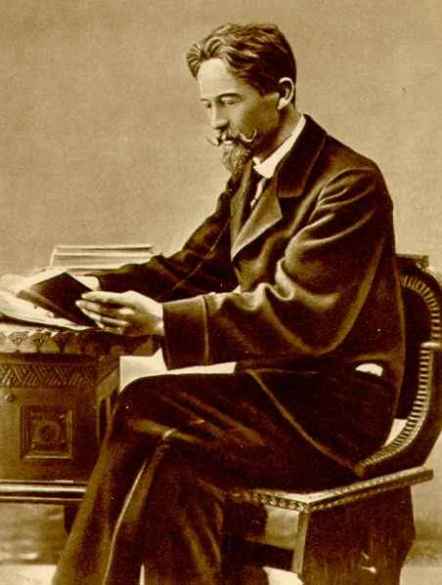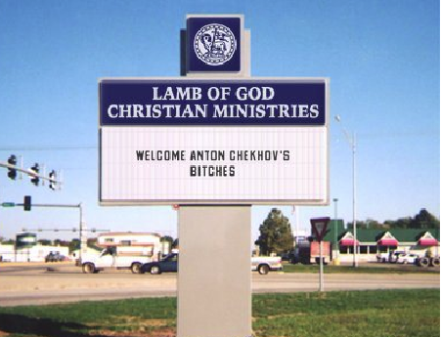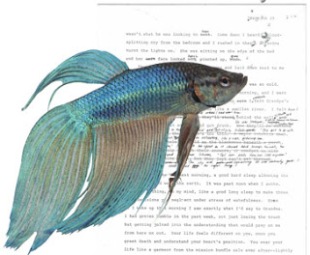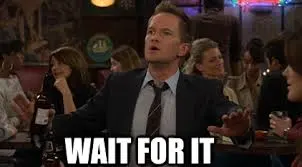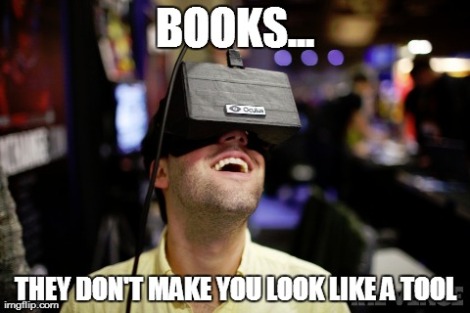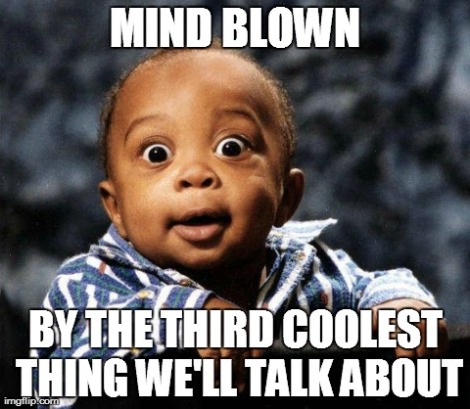Genre Part III, MG, YA, NA and Other Things That aren’t Genre (Essential Categories Applied To Shelf Location)
As the title indicates, I’m acutely aware that the Middle Grade (“MG”) Young Adult (“YA”) and New Adult (“NA”) marketing/shelving categories are not genres. They are based on audience, not subject matter —to some extent, anyway. That differentiates them from genres, which are focused on the content of the books themselves. If you write to one of these categories, though these classifications are as important or more important than genre when it comes to querying. A large and growing number of agents list their interests in “MG and YA” terms instead of genre. While you also want to specify your book’s genre, if your science fiction is intended for ten-year-olds, you should mention that.
MG Versus YA in Broad Strokes:
The essential element here is the target reader. As a general rule, MG is for readers who have just graduated up from “chapter books” (the step above easy readers), which means seven- or eight-year-olds up to about eleven- or twelve-year-olds. YA picks up from there, in theory, at least, being for eleven- or twelve-year-olds up to seventeen-year-olds. That said, I was forty something when I read The Hunger Games and my youngest daughter read it when she was eight. But, for marketing purposes, those are the broad guidelines between the two.
It’s not an accident (or an insult) to qualify these as shelving and marketing categories. That’s the best starting point for understanding how they relate to your work. If you know who your target reader is, you know what category you are writing in. If you don’t know who your target reader is, you will have problems that extend beyond correctly identifying what marketing category you fit into. Where the Wild Things Are is one of my favorite books, and has been since I was about three. That said, I would not have enjoyed it when I was three if it had a complex plot and multiple inciting events, and I would not want to read a 100,000 word version of that book without a healthy dose of additional complexity.
I’m not saying MG should be dumbed down, by any stretch. I’m a firm believer in writing the best book you can, then figuring out where it fits. That said, you may realize the best fit requires a major revision (a literal one, a new vision of your book) when you are done, and discover your story with a fourteen-year-old protagonist would be most enticing to a ten-year-old reader. Those considerations, though, I’d strongly encourage you to look at in a rearview mirror, after the first draft is complete.
Nuts and Bolts Differences Between MG and YA
Everything here comes back to the same central question: Who is your reader? Once you know that, a number of differences in interest and ability will clarify what the content should look like. It’s important to note, this is a spectrum. Some books will clearly fall squarely within the bounds of one of these categories, and others may reach or straddle the edge. Arguably, the best books often do just that. Also, while I will list a set of characteristics, note that these are not rules. The protagonist in Life of Pi is a MG-aged child through the bulk of the narrative, but that does not make it a MG book.
The general differences between the categories are:
MG
- Age of the characters, particularly the protagonist (this is a defining characteristic for all of these categories). Readers want to read about people their own age or slightly older.
- Length. Few (but some) MG novels are longer than 100 pages.
- More outwardly focused. The character responds to things that happen, instead of growing as an individual.
- Sentence structure and vocabulary should not be dumbed down, but should reflect the reading audience.
- There is usually a single inciting event. Meaning plot structure itself is not particularly complex. The world is a sane, predictable place until A THING happens to upset the status quo.
- Kissing is still gross. Romance is typically not an element.
- Very limited use of literary devices. MG worlds are concrete worlds, not built of metaphor. MG cigars are always just cigars.
- Stakes – YOU STILL NEED THEM. This is not a difference, but I am including it because in my research, I found a number of agents complaining that writers seem to confuse the simple world with a lack of compelling stakes. Two agents separately listed this as the most common mistake they see in submissions.
YA
- More inwardly focused character development. Much of the angst in a YA novel can come from within a character — precisely the type being experienced by teenage readers themselves.
- Romance is often an element. Kissing is not gross, and when you’re looking for angst, what better place to find it?
- The world is a weird and scary place. That single inciting event from MG is turned on its head somewhat – the world is a complex place, and finding one’s place in it is no simple task.
- Complexity in the text is okay. The language and sentence structure can, and should be, be more complex than MG.
- Complexity in theme is okay, too. You may not want to start whipping out too many metaphorical cigars until you get to “edgy YA” or NA, but more complex literary elements and symbolism are healthy.
While a huge category in its own right, YA is a bridge between simpler books with less complex themes and structure (i.e., books appropriate for a ten-year-old) and adult commercial or literary fiction. The middle ground occupied by “edgy YA” and NA have little to do with that literary distinction, and more to do with sex, drugs, abuse, and other, touchier subjects.
“Edgy YA”
I am including this because it’s a worthwhile warning label. YA books can address adult themes. Kids find themselves in all sorts of situations that we parents might like to wish they never even knew existed. Some writers and agents have taken to adding the word “edgy” to the YA label to separate the types of situations Beaver Cleaver found himself in at sixteen from those Justin Bieber found himself in at sixteen.
NA
Looking at the titles that are actively marketed this way, I think this category could be more accurately called “Young Romance.”
Technically, the characters ages (particularly the protagonist) are key, as are moving out into the real world (or college, which people that age are inexperienced enough to confuse with the real world). That said, a book about a young marine who moves out into the real world by getting into a firefight in Afghanistan on his nineteenth birthday is unlikely to show up in this category.
What does it all mean?
It means what you decide it does. As I said at the beginning, we are dealing with a spectrum, and a great book is likely to stray over lines in the course of becoming great. Harry Potter worked so well precisely because the books had themes that transcended MG and even YA concepts, blurred the hell out of and then blatantly crossed over the dividing lines between categories, and challenged readers. But, as long as librarians and bookstores want to shelve this way and publishers want to market this way, agents will need to approach them this way. Plus, I don’t think you can ever go wrong stopping to put yourself in the reader’s shoes, which is all this really boils down to.



